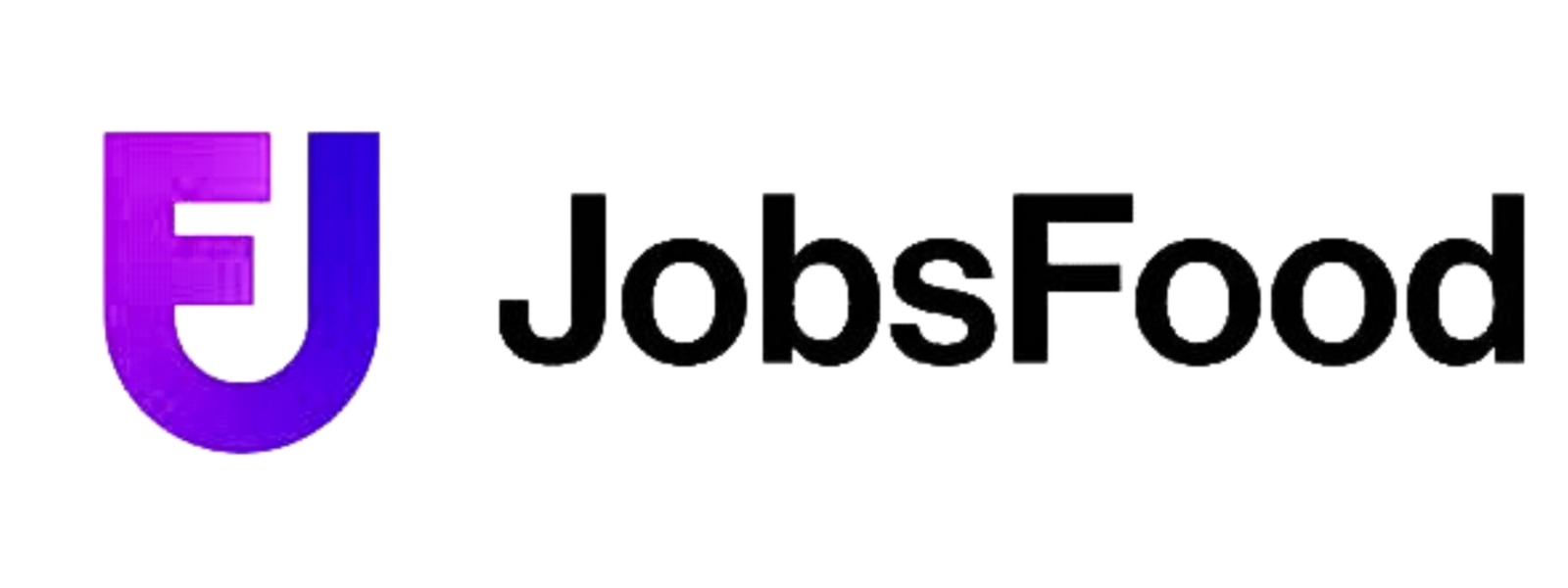
Bournvita controversy in india | NCPCR Bournvita
Mondelez India has received a notice from the child rights body NCPCR which has asked it to review or withdraw all “misleading” advertisements, packaging and labels.
The NCPCR has also demanded a detailed explanation within seven days.
In a country which is called the diabetes capital of the world, where ‘high sugar’ is increasingly seen as more dangerous than delightful, Bournvita was cruising for a bruising.
Bournvita-maker Mondelez India’s recent scrap with social media influencer Revant Himatsingka, who claimed high sugar content in the drink, put its own health claims in the public glare.
Bournvita-maker Mondelez India’s attempt to browbeat the influencer with a legal notice attracted counters from many health experts too.
And now Mondelez India has received a notice from the child rights body NCPCR which has asked it to review or withdraw all “misleading” advertisements, packaging and labels.
Now that Bournvita has attracted notice from a regulator (and another, food regulator FSSAI, might also be looking into the issue), it will have to prove that its glitzy advertisements make claims that are substantive rather than half-truths wrapped in technical and legal face-savers.
Food Safety and Standards Authority of India (FSSAI) and the Department of Consumer Affairs, urging them to revise the regulations and labelling guidelines for the entire health drinks category.
MAKE YOUR CV MORE STRONGER ADD THIS CERTIFICATE IN YOUR CV
Besides Bournvita, Hindustan Unilever’s Horlicks and Boost and Nestle’s Milo are a few other big brands in this category.
However, Mondelez India has defended its claims. “Every serving of 20 gm of Bournvita has 7.5 grams of added sugar, which is approximately one and a half teaspoons.
This is much less than the daily recommended intake limits of sugar for children,” said Mondelez India
New Opportunity for Executive Position in Mondelez
The Bournvita controversy and the social media backlash against the drink that followed shows a lot of people have come to think the nutritional content many big food brands declare on product labels may be legally and technically defensible but not fully reliable.
Two years ago, Nestlé, the world’s largest food company and the maker of popular Maggi noodles, had acknowledged that more than 60 per cent of its mainstream food and drinks products do not meet a “recognised definition of health” and that “some of our categories and products will never be ‘healthy’ no matter how much we renovate”, the Financial Times reported.










